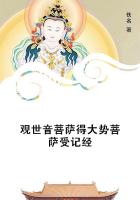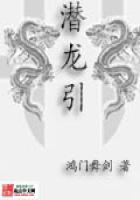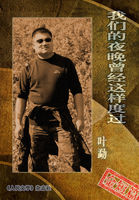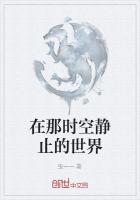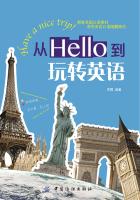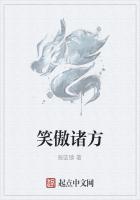In order to simplify the matter (since we shall not discuss the merchant as a capitalist and merchant's capital until later) we shall assume that this buying and selling agent is a man who sells his labour. He expends his labour-power and labour-time in the operations C---M and M---C. And he makes his living that way, just as another does by spinning or making pills. He performs a necessary function, because the process of reproduction itself include unproductive functions. He works as well as the next man, but intrinsically his labour creates neither value nor product. He belongs himself to the faux frais of production. His usefulness does not consist in transforming an unproductive function into a productive one, nor unproductive into productive labour. It would be a miracle if such transformation could be accomplished by the mere transfer of a function.
His usefulness consists rather in the fact that a smaller part of society's labour-power and labour-time is tied up in this unproductive function.
More. We shall assume that he is a mere wage-labourer, even one of the better paid, for all the difference it makes. Whatever his pay, as a wage-labourer he works part of his time for nothing. He may receive daily the value of the product of eight working-hours, yet functions ten. But the two hours of surplus-labour he performs do not produce value anymore than his eight hours of necessary labour, although by means of the latter a part of the social product is transferred to him. In the first place, looking at it from the standpoint of society, labour-power is used up now as before for ten hours in a mere function of circulation. It cannot be used for anything else, not for productive labour. In the second place however society does not pay for those two hours of surplus-labour, although they are spent by the individual who performs this labour. Society does not appropriate any extra product or value thereby. But the costs of circulation, which he represents, are reduced by one-fifth, from ten hours to eight. Society does not pay any equivalent for one-fifth of this active time of circulation, of which he is the agent. But if this man is employed by a capitalist, then the non-payment of these two hours reduces the cost of circulation of his capital, which constitute a deduction from his income. For the capitalist this is a positive gain, because the negative limit for the self-expansion of his capital-value is thereby reduced. So long as small independent producers of commodities spend a part of their own time in buying and selling, this represents nothing but time spent during the intervals between their productive function or diminution of their time of production.
At all events the time consumed for this purpose constitutes one of the costs of circulation which adds nothing to the converted values.
It is the cost of converting them from the commodity-form into the money-form.
The capitalist producer of commodities acting as an agent of circulation differs from the direct producer of commodities only in the fact that he buys and sells on a larger scale and therefore his function as such agent assumes greater dimensions. And if the volume of his business compels or enables him to buy (hire) circulation agents of his own to serve as wage-labourers, the nature of the case is not changed thereby. A certain amount of labour-power and labour-time must be expended in the process of circulation (so far as it is merely a change of form). But this now appears as an additional investment of capital. A part of the variable capital must be laid out in the purchase of this labour-power functioning only in circulation. This advance capital creates neither product nor value. It reduces pro tanto the dimensions in which the advanced capital functions productively. It is as though one part of the product were transformed into a machine which buys and sells the rest of the product. This machine brings about a reduction of the product. It does not participate in the productive process, although it can diminish the labour-power, etc., spent on circulation. It constitutes merely a part of the costs of circulation.
2. Book-KeepingApart from the actual buying and selling, labour-time is expended on book-keeping, which besides absorbs materialised labour such as pens, ink, paper, desks, office paraphernalia. This function, therefore, exacts the expenditure on the one hand of labour-power and on the other of instruments of labour.
It is the same condition of things as obtained in the case of the time of purchase and sale.
As unity within its circuits, as value in motion, whether in the sphere of production or in either phase of the sphere of circulation, capital exists ideally only in the form of money of account, primarily in the mind of the producer of commodities, the capitalist producer of commodities.
This movement is fixed and controlled by book-keeping, which includes the determination of prices, or the calculation of the prices of commodities.


